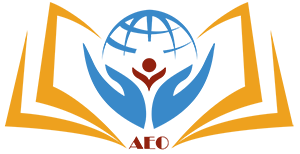
Afghanistan Economic Outlook
July 2025
Afghanistan Economic Outlook, is a creative initiative of the Afghanistan Economic and Legal Studies Organization (AELSO) which reflects most important & the latest economic events that happened during a month in Afghanistan.
By reading this economic newsletter, that has designed in three languages (Pashto, Dari & English), you can get a wider overview of Afghanistan’s economic situation.
Afghanistan Expands Trade with Over 100 Countries
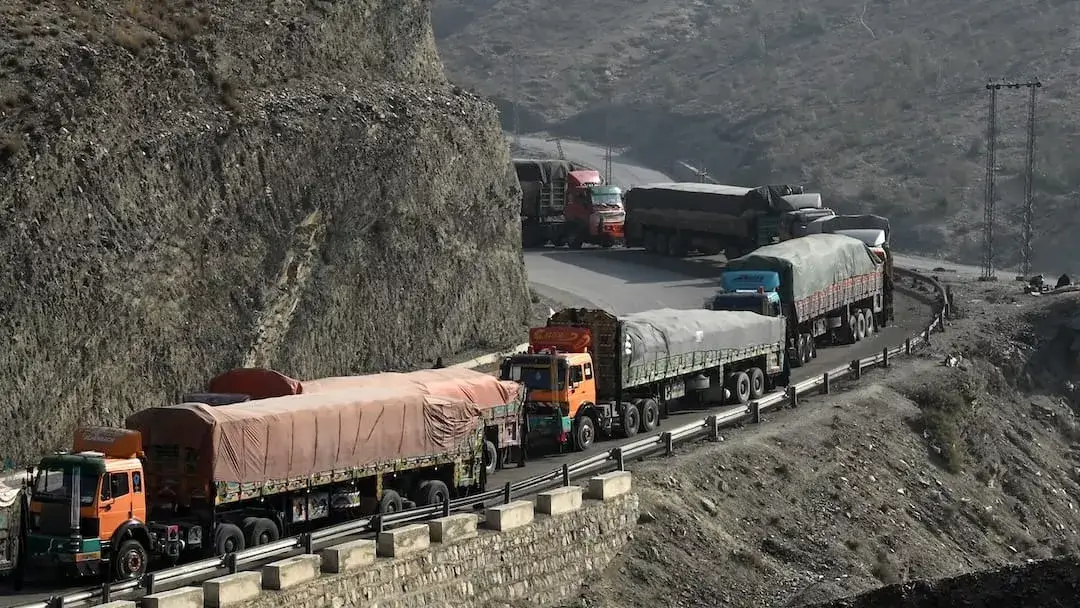 The Ministry of Industry and Commerce, in its annual achievements briefing, announced that Afghanistan’s trade relations have expanded to more than 100 countries worldwide.
The Ministry of Industry and Commerce, in its annual achievements briefing, announced that Afghanistan’s trade relations have expanded to more than 100 countries worldwide.
Nooruddin Azizi, the acting minister, stated that Afghanistan’s total trade volume has reached 13 billion U.S. dollars, and efforts to balance the country’s trade deficit are ongoing.
He said: “We are working to find new markets, and this year, we plan to organize exhibitions in Kyrgyzstan, Azerbaijan, and Oman. We also aim to hold exhibitions showcasing Afghanistan’s private sector in countries that need our products, to increase our exports.”
Officials from the Ministry added that the country’s gross domestic product (GDP) has exceeded 17 billion dollars and emphasized that by supporting domestic production and creating investment-friendly conditions, Afghanistan is moving toward economic growth.
Azizi further highlighted that multiple visits have been made to regional countries to expand trade cooperation, and efforts are underway to utilize transit corridors such as Chabahar and Wakhan.
Additionally, the Industrial Zones Law was ratified last year, and the process of distributing 160,000 acres of industrial land to manufacturers has begun.
The minister stated: “Afghanistan’s GDP was 14.58 billion dollars, it has now reached 17.3 billion dollars.”
Other ministry officials mentioned that returning industrialists have been granted incentives, including tax exemptions. Over the past year, 400 million dollars in investment has been attracted, and more than 1,100 Afghan investors have returned to the country, collectively investing in 35 manufacturing companies.
Sibghatullah Akhundzada, head of the Investment Promotion Directorate, said: “Among the 1,100 returning investors, nearly 100 have launched operations in the industrial sector. Many others have invested in ministries such as Mines. According to the Economic Deputy’s figures, 415 billion Afghanis have been invested.”
Nasrullah Sahebzada, senior advisor to the ministry, said: “Our main exports have gone to Pakistan, India, and the United Arab Emirates. Nearly one billion dollars in goods have been exported to Pakistan alone. Our largest volume of imports, however, comes from Iran.”
The Ministry of Industry and Commerce also announced future plans to include a 10% increase in GDP, a 25% growth in exports, the attraction of 500 million dollars in new investments, and the creation of over 100,000 jobs.
18,000 Carats of Panjshir Emeralds Sold So Far In 1404
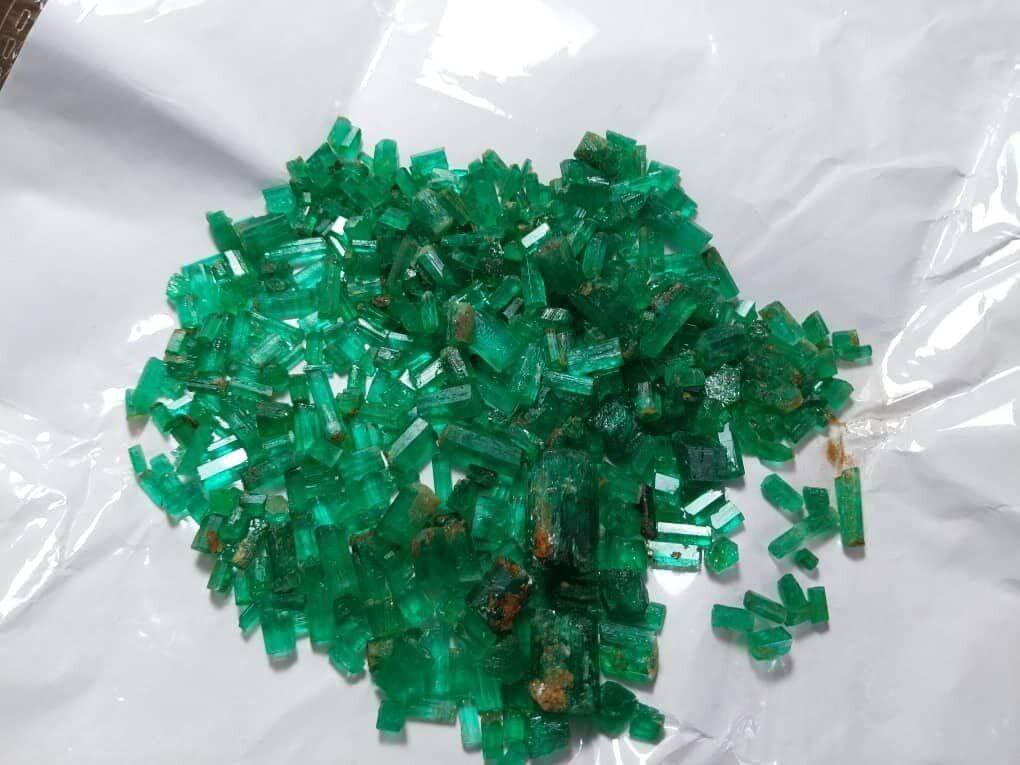 The Ministry of Mines and Petroleum has announced that since the beginning of 1404 (solar calender), 18,000 carats of Panjshir emeralds have been sold through five rounds of bidding.
The Ministry of Mines and Petroleum has announced that since the beginning of 1404 (solar calender), 18,000 carats of Panjshir emeralds have been sold through five rounds of bidding.
The ministry stated that the total value of these emeralds is estimated at 1.1 million USD and added that the sale process was conducted transparently.
Homayoun Afghan, spokesperson for the Ministry of Mines and Petroleum, told media: “Since the beginning of 1404, five rounds of bidding for Panjshir emeralds have been held, during which approximately 18,000 carats of emeralds worth 1.1 million USD were sold.”
In addition to the sale of emeralds, the ministry also reported the discovery of new emerald mine sites in the Pariyan district of Panjshir and said that technical teams will soon be dispatched to conduct detailed surveys of these areas.
“In the Pariyan district of Panjshir province, the existence of mineral have been observed in several areas. The Ministry of Mines plans to send technical survey teams to the sites for a detailed assessment. After the survey, God willing, we plan to offer the next areas for contract as well.” Added Afghan.
Meanwhile, economic experts emphasize that the legal and transparent extraction of mines especially precious stones can positively impact national revenue and job creation.
Mohammad Asif Stanekzai, an economic analyst, told: “If these mines are extracted in a standardized manner and in accordance with international criteria, they can fortunately ensure national revenue. Afghanistan can rely on its precious stones to finance both its national and specialized budgets.”
According to the Ministry of Mines and Petroleum, so far 600 official mining licenses have been issued for emerald mining, and more than 15,000 people are employed in various sectors of the emerald industry.
Returning Afghan Launches Soap Factory in Kandahar
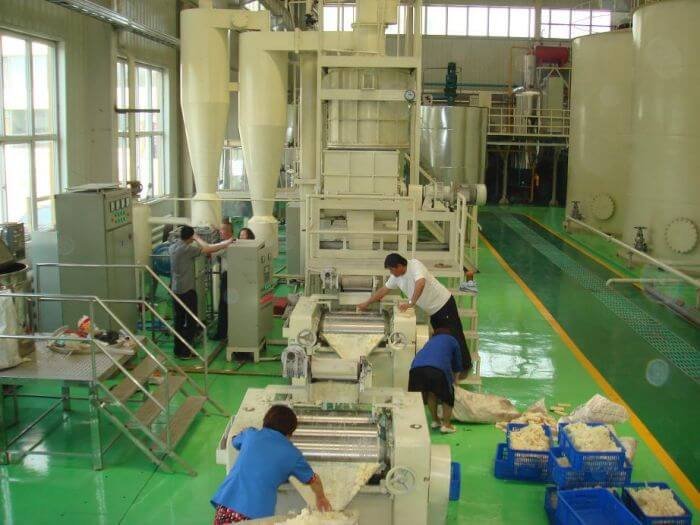 An Afghan who recently returned from Pakistan has launched a soap production factory in Kandahar province.
An Afghan who recently returned from Pakistan has launched a soap production factory in Kandahar province.
Along with his family members, he produces up to 50 kilograms of soap daily but seeks support to expand his operations.
Obaidullah, the manager of the soap factory, said: “The quality of my products is good, there is a strong market demand, we have many customers, and we produce up to fifty kilograms daily.”
He has established the laundry soap factory in a rented house in Kandahar’s District 2 with an investment of 600,000 Afghanis.
Obaidullah added: “If the government helps us build a proper factory, our business will grow even more.”
He said his products are unmatched in the region in terms of quality, but due to economic constraints, he cannot expand his business.
Hanfiya, a factory worker, said: “I study and also work with my father in the factory. I ask the government to support us.”
Meanwhile, officials emphasize the importance of supporting returnees who start businesses upon their return to Afghanistan.
Naematullah Olfat, Head of the Return and Reintegration Department at the Kandahar Directorate of Refugees and Repatriation, said: “Entrepreneurial returnees who approach us submit applications. We, on behalf of the government and charitable organizations, provide assistance, which can be useful for the growth of their businesses and offer them support.”
According to officials, work committees have been activated at all national border crossings to register and facilitate employment for skilled Afghan returnees from Iran and Pakistan and to assist them in restarting their businesses.
Afghanistan Exports Detergents to Europe for First Time
 For the first time, a manufacturing company in Balkh has exported a 21-ton shipment of detergent products from Afghanistan to Europe.
For the first time, a manufacturing company in Balkh has exported a 21-ton shipment of detergent products from Afghanistan to Europe.
According to officials, the private company has signed a five-year export contract with London for this product.
Rasuldad Amini, CEO of the private company, said: “This is our third shipment. The first was exported to Tajikistan and Uzbekistan, and today we have progressed from Asia to Europe, with our products shipped to London, UK.”
The head of Industry and Commerce in Balkh described the export as a sign of a new era for Afghanistan’s production and private sector.
Amir Mohammad Muttaqi, Head of Industry and Commerce in Balkh, said: “These innovations show that Afghan products match international standards in terms of quality and are capable of entering global markets.”
Members of the private sector emphasized that Afghan manufacturers and investors must work toward exports to support economic growth and job creation.
Asadullah Asadi, Head of the Balkh Chamber of Commerce and Investment, said: “Now that we’ve achieved political independence, we must also strive for economic independence. Without achieving economic self-reliance and balancing imports and exports, we cannot reclaim our dignity.”
Emamuddin Sanaie Zada, Head of the Balkh Chamber of Industries and Mines, also said: “We must create job opportunities for returning migrants. How long will we continue depending on others?”
Currently, in addition to agricultural products, Afghanistan exports carpets, traditional clothing, gemstones, and carbonated beverages to European countries.
Traders invest 1.4b afs in agricultural sector last year
 The Ministry of Agriculture, Irrigation and Livestock says $192 million was invested in the agricultural sector by national and international institutions, and 235 investors were provided with investment opportunities worth over 1.4 billion afghanis last year.
The Ministry of Agriculture, Irrigation and Livestock says $192 million was invested in the agricultural sector by national and international institutions, and 235 investors were provided with investment opportunities worth over 1.4 billion afghanis last year.
As part of the annual program to explain the achievements of government agencies, the Ministry of Agriculture, Irrigation and Livestock today presented its achievements for the past 1446 Hijri.
In a meeting held in this regard, Mullah Aghajan Akhund, Deputy Minister of Finance and Administrative Affairs for the Ministry, said that last year, over 1.4 billion afghanis were provided to 235 investors to attract investment in the agricultural sector, and about 192 million US dollars were invested in agriculture, irrigation, and livestock projects by 118 national and international institutions.
According to him, in 1403, 86 contracts worth over 340 million afghanis were awarded to 64 companies through open bidding.
At the meeting, Baz Mohammad Faizan, Deputy Minister of Irrigation and Natural Resources, explained the ministry built 138 check dams in 10 provinces to recharge groundwater.
Natural resources and forests are considered national assets of the country, and their protection and restoration are being seriously pursued by the Ministry, which is striving to expand the country’s forests, he added.
He claimed the ministry identified factors of drought and shared them with other agencies to take necessary measures to reduce and prevent its negative impacts.
Deputy Minister of Agriculture Maulvi Sadr Azam Usmani added last year, hundreds of greenhouses and orchards were built in the country in coordination with partner institutions and the private sector.
Osmani added in order to further boost agricultural activities, over 43,000 metric tons of wheat seeds, chemical fertilizers, and hundreds of tons of improved quality seeds of vegetables, saffron, cotton, ginger, and other medicinal plants were distributed to farmers in 34 provinces.
Last year, the Ministry of Agriculture provided 1.4 billion afghanis from the Agricultural Development Fund to farmers, livestock farmers, and the private sector through Murabaha and Mudarabat services.
According to the Ministry, over 250,000 seedlings were produced last year, and over 100 million seedlings and plant cuttings were planted through planting campaigns across the country.
Recent Afghanistan Economic Outlook
Join to our Newsletter
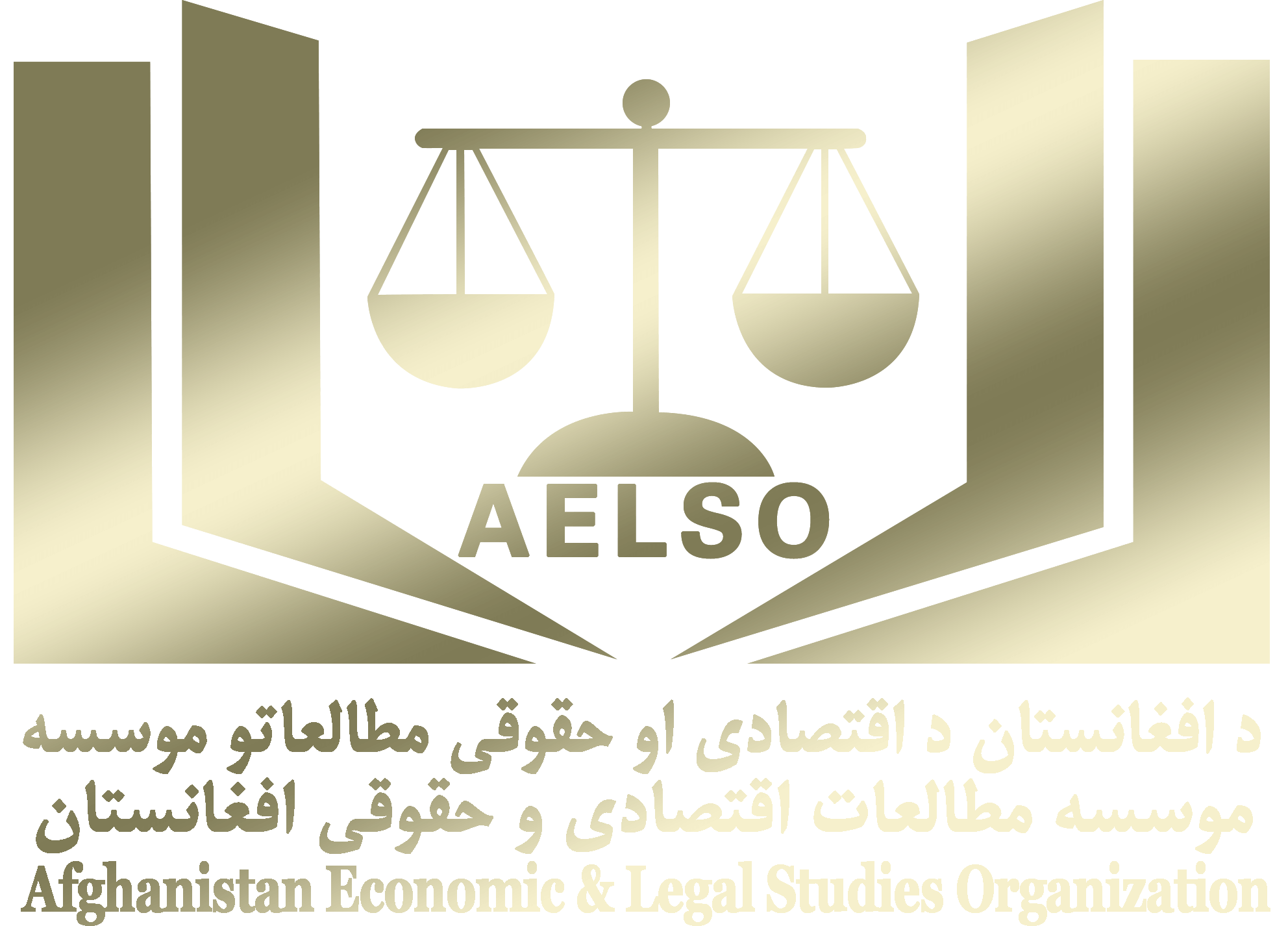
Advancing the Ideas for a Peaceful and Prosperous Afghanistan
© 2025 Copyright Afghanistan Economic & Legal Studies Organization.